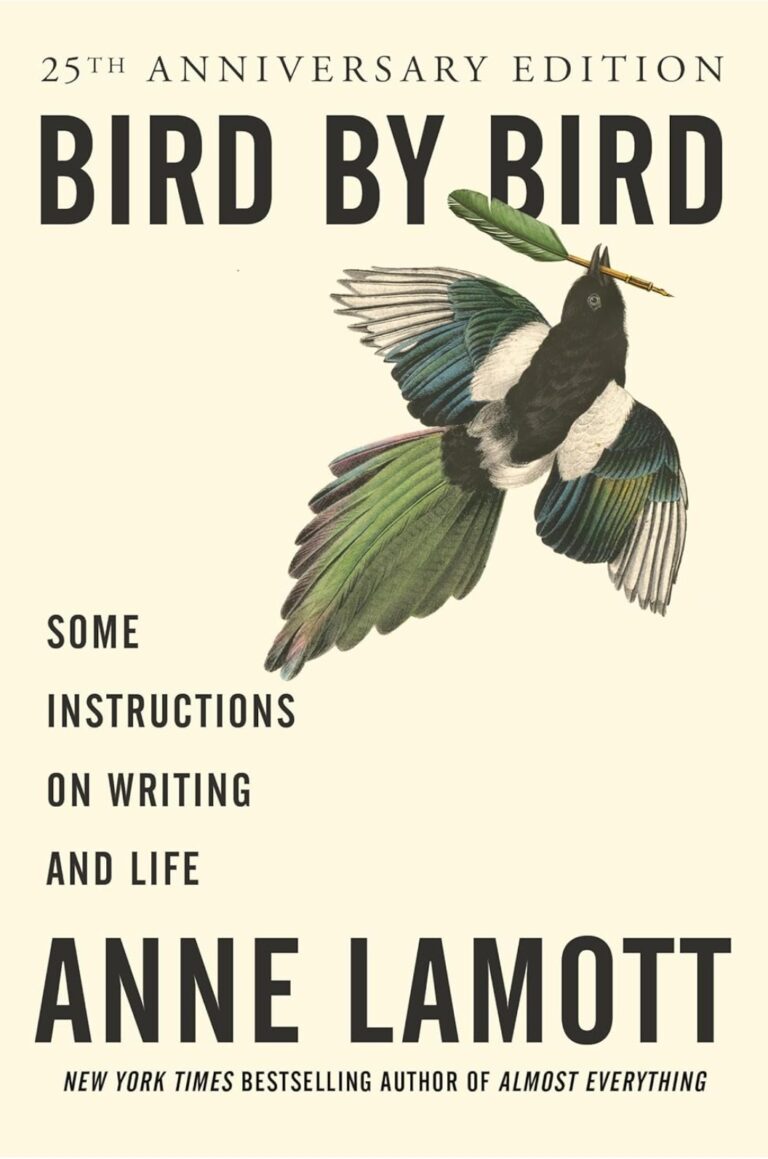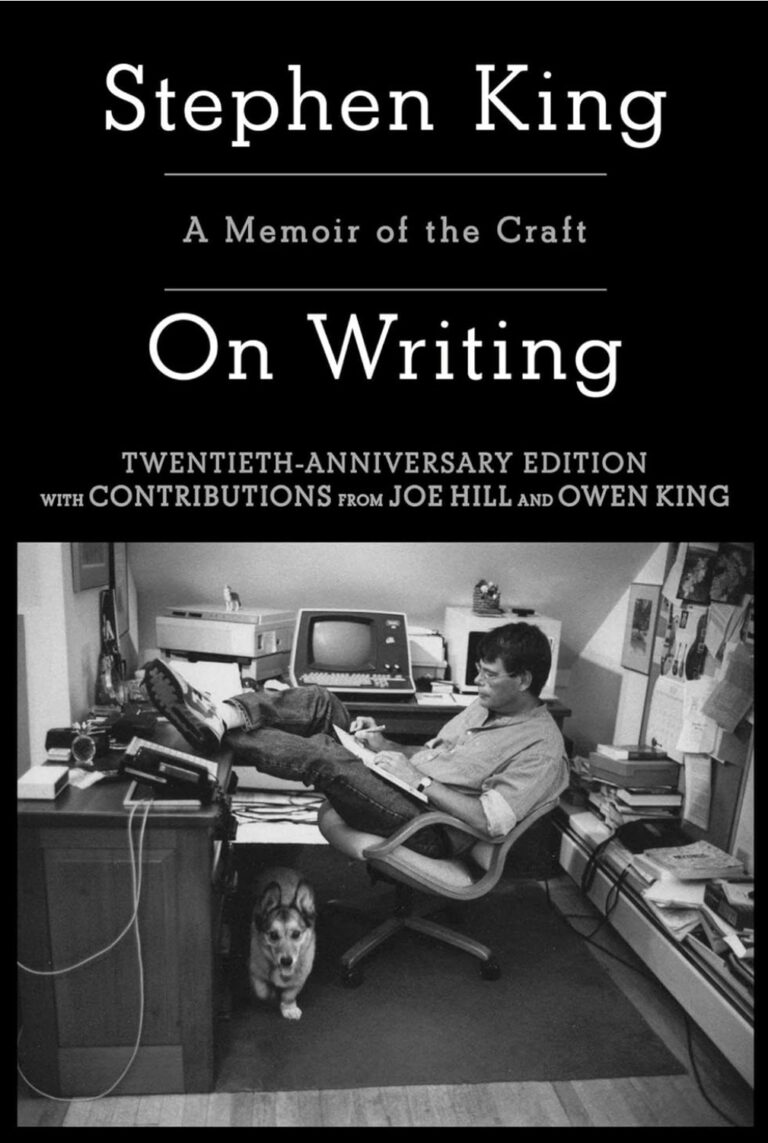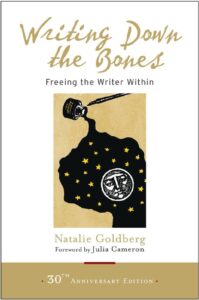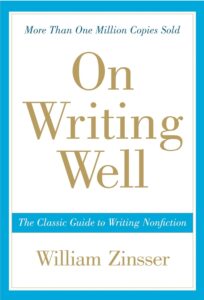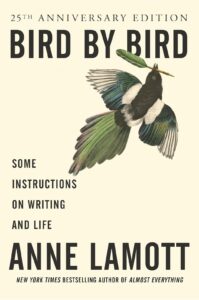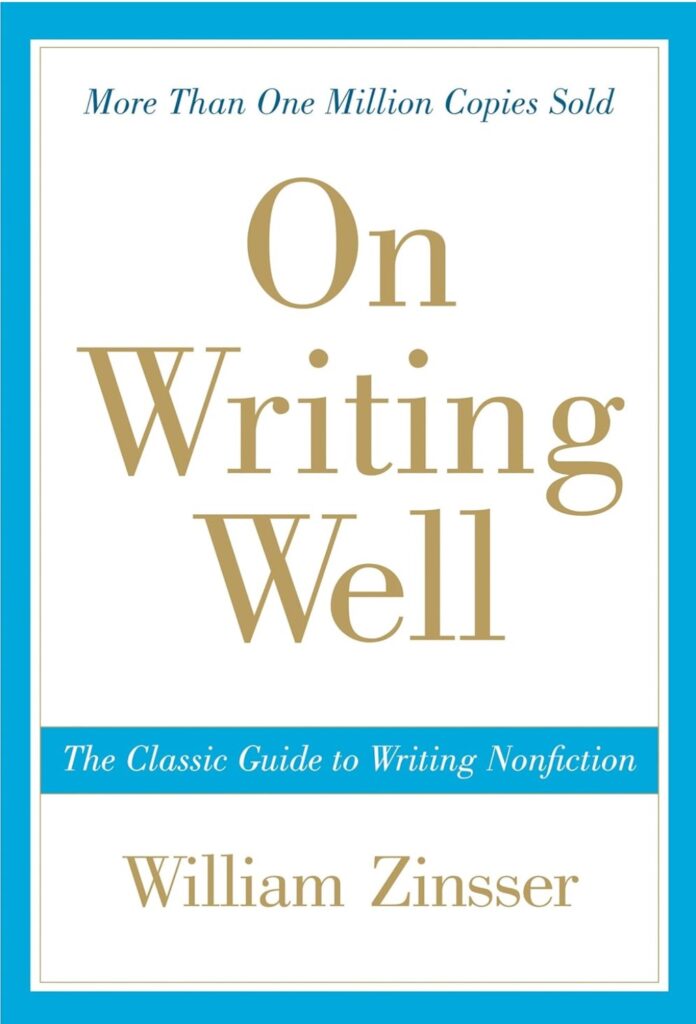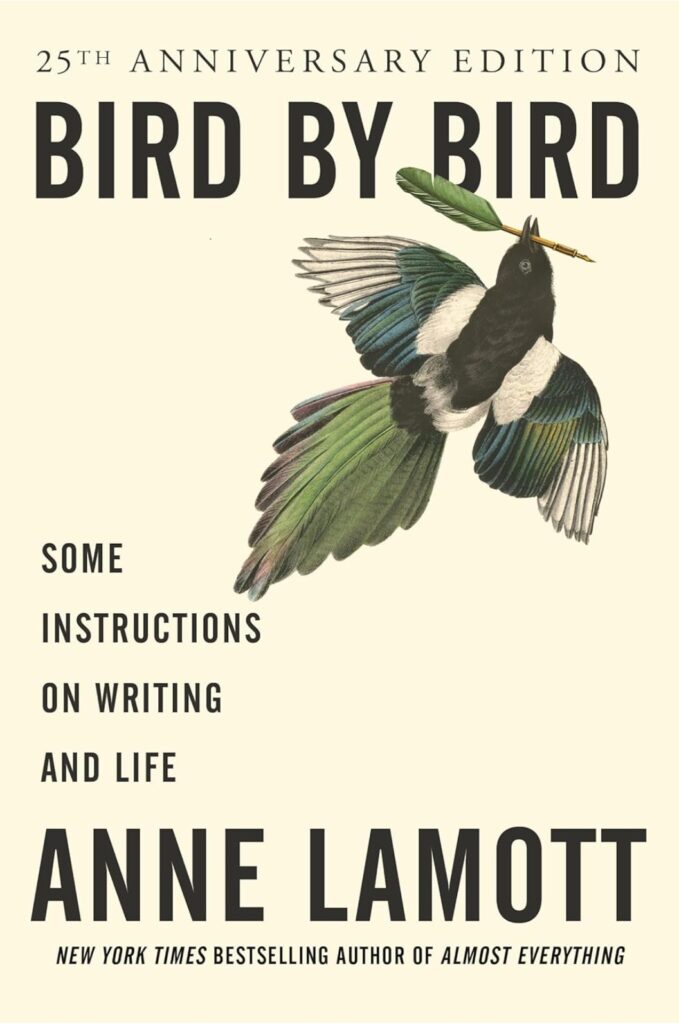Writing romance, especially insta-love stories featuring aliens, paranormal creatures, and unusual scenarios, requires not only creativity but also discipline. Over the years, I’ve learned that developing a consistent writing routine is crucial to maintaining productivity and nurturing inspiration.
Establishing a routine doesn’t have to be rigid or monotonous; it’s about finding what works best for you and sticking with it. In this post, I’ll share some strategies and insights from my own experience to help you develop a writing routine that keeps you motivated and productive.
Table of Contents
ToggleSetting the Foundation for Your Writing Routine
Identifying Your Optimal Writing Time
Everyone has a time of day when they are most productive and creative. I’ve found that discovering this peak time can significantly enhance your writing efficiency.
For instance, I’m a morning person, so I schedule my most intensive writing sessions early in the day when my mind is fresh and focused. On the other hand, I have friends who write best late at night when the world is quiet.
Experiment with different times of the day to see when your creativity flows most freely. Keep a journal for a week, noting when you feel most inspired and productive.
Once you identify your optimal writing time, try to consistently set aside those hours for your writing. This consistency can help reinforce your routine and make it easier to slip into the creative zone.
Creating a Dedicated Writing Space
In my experience, having a dedicated writing space can help signal to your brain that it’s time to write. This space doesn’t have to be an entire room; it can be a corner of your living room, a cozy nook, or even a specific chair.
The key is to make this space conducive to writing, free from distractions, and filled with things that inspire you.
For example, my writing space includes a comfortable chair, a desk with my favorite writing tools, and some inspirational quotes on the wall. I’ve also found that having a view of nature helps me feel more relaxed and creative.
Personalize your space with items that spark joy and creativity, whether it’s a favorite book, a candle, or some calming music.
Establishing a Writing Schedule
Setting Realistic Goals
Setting realistic and achievable writing goals is essential for maintaining a consistent writing routine. I’ve found that breaking down my writing projects into smaller, manageable tasks helps me stay focused and avoid feeling overwhelmed.
For example, rather than setting a goal to finish an entire novella in a month, I break it down into daily word count goals or chapter outlines.
In a story I wrote about a werewolf, I set a daily goal of writing 1,000 words. This allowed me to make steady progress without feeling pressured.
Whether it’s a daily word count, a weekly chapter goal, or a specific amount of editing time, find a goal that fits your pace and stick to it. Consistent, small achievements can add up to significant progress over time.
Building Flexibility into Your Routine
While consistency is important, it’s also crucial to build flexibility into your writing routine. Life is unpredictable, and there will be days when writing feels more challenging or when other responsibilities take precedence.
I’ve found that being adaptable and forgiving myself on off days helps maintain a positive mindset towards writing.
For instance, if I miss a writing session due to an unexpected event, I don’t stress about it. Instead, I adjust my schedule and find another time to write, even if it’s just for a shorter period.
The key is to keep moving forward and not let setbacks derail your overall progress. Flexibility allows you to maintain your routine without feeling rigid or overwhelmed.
Staying Motivated and Inspired
Finding Inspiration in Daily Life
Inspiration can come from the most unexpected places. I’ve found that staying open to new experiences and observations can fuel creativity and keep your writing fresh.
For example, I often draw inspiration from nature, music, or even conversations with friends. In a novella I write about an alien diplomat, a visit to a science museum sparked an idea for a scene that became a pivotal moment in the story.
Keep a notebook or a digital app to jot down ideas, observations, and snippets of dialogue that come to you throughout the day. These notes can become valuable resources when you sit down to write.
Surround yourself with things that inspire you, whether it’s art, books, or experiences, and incorporate these elements into your writing routine.
Overcoming Writer’s Block
Writer’s block is a common challenge, but I’ve found that having strategies to overcome it can help keep your routine on track. When I feel stuck, I change my environment, take a walk, or switch to a different writing task.
For instance, if I’m struggling with a particular scene, I might work on character development or world-building instead.
Another technique that works for me is freewriting. I set a timer for 10 minutes and write whatever comes to mind without worrying about grammar or structure.
This often helps me break through the block and find new ideas. Remember, the goal is to keep writing, even if it’s not perfect. Progress, no matter how small, is still progress.
Balancing Writing with Other Responsibilities
Time Management Techniques
Balancing writing with other responsibilities requires effective time management. I’ve found that using techniques like the Pomodoro Technique, where you work for a set period (usually 25 minutes) and then take a short break, can enhance productivity.
This method helps maintain focus and prevent burnout by breaking the work into manageable chunks.
For example, when working on a story about a ghost, I used the Pomodoro Technique to structure my writing sessions.
I would write intensively for 25 minutes, take a five-minute break, and repeat the cycle. This approach kept me productive and allowed me to balance writing with other tasks.
Prioritizing Self-Care
Taking care of your well-being is crucial for sustaining a writing routine. In my experience, neglecting self-care can lead to burnout and hinder creativity.
Ensure that you get enough rest, eat healthily, and engage in activities that rejuvenate you. Exercise, meditation, or even a simple walk can help clear your mind and boost your energy levels.
For instance, I make it a point to go for a walk every afternoon. This break not only helps me relax but also often sparks new ideas for my stories.
Prioritizing self-care allows you to maintain the physical and mental energy needed for writing and other responsibilities.
Final Thoughts
Developing a writing routine that works for you is a journey of discovery and adaptation. In my experience, identifying your optimal writing time, creating a dedicated space, setting realistic goals, and staying flexible are key elements in establishing a sustainable routine.
Additionally, finding inspiration in daily life, overcoming writer’s block, and balancing writing with other responsibilities are crucial for maintaining motivation and productivity.
I’ve personally tried and used these strategies in my writing career, helping me to stay consistent and creative.
For anyone writing romance, especially within the realms of supernatural and paranormal, developing a tailored writing routine can elevate your craft and make the writing process more enjoyable.
If you’re looking to develop a writing routine that fits your lifestyle and enhances your productivity, I encourage you to explore these strategies and experiment with different approaches.
It’s a journey that will not only improve your writing but also enrich your life in meaningful ways.
Happy writing!












